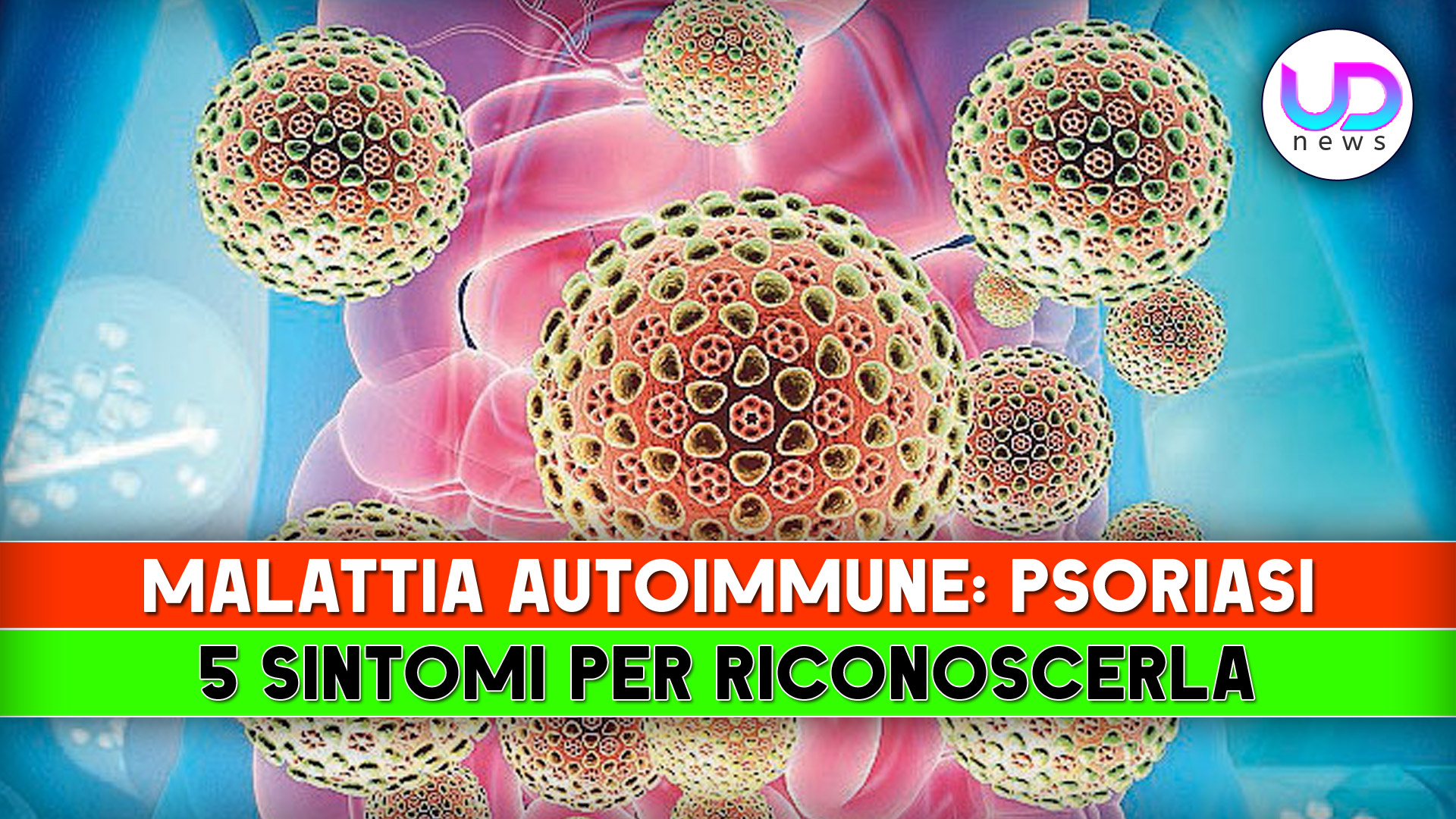Psoriasis is a chronic skin disease, characterized by red, scaly plaques, itching, and sometimes pain, influenced by genetics and environmental factors. Here are the 5 symptoms to recognize it!
Psoriasis is a chronic inflammatory skin disease, characterized by rapid turnover of skin cells which leads to the formation of scaly plaques, often itchy and painful. Despite its prevalence, the exact cause of psoriasis remains unknown, but is believed to be the result of a combination of genetic, environmental, and immune system factors.
Psoriasis, The Cause:
Psoriasis is the result of an overactive immune system that accelerates the life cycle of skin cells. Normally, skin cells grow and shed within a month. In psoriasis, this process takes place in just a few days, causing a buildup of dead cells on the surface of the skin. Genetic factors play a significant role, with around a third of people with psoriasis reporting a family history of the disease. Additionally, environmental factors such as stress, skin injuries, infections, and certain medications can trigger or aggravate the condition.
Psoriasis, 5 Symptoms to Recognize It
Red and scaly plaques: Psoriasis plaques are often covered in silvery or whitish scales and can appear anywhere on the body, including the scalp, elbows, and knees.
Itching and Pain: Affected areas may be itchy and painful, with a burning or stinging sensation.
Dry and chapped skin: The skin may become so dry that it cracks and bleeds.
Abnormal Nails: The nails may thicken, become pitted, or detach from the nail bed (onycholysis).
Redness and Flaking of the Scalp: Often, psoriasis affects the scalp, causing flaking similar to dandruff, but silverier and thicker.
Psoriasis, Remedies
Psoriasis treatment aims to interrupt the rapid growth cycle of skin cells, reduce inflammation and calm the immune system. There is no definitive cure, but symptoms can be managed effectively with:
Topical Creams and Ointments:
Topical steroids, vitamin D derivatives, and retinoids can reduce inflammation and slow the growth of skin cells.
Light Therapies:
Phototherapy, including narrow-band UVB therapy, uses natural or artificial light to slow the growth of skin cells.
Systemic Dressings:
Oral or injectable medications, such as retinoids, methotrexates, or TNF inhibitors, are options for moderate or severe cases.
Biological Therapies:
These highly specific drugs aim to block precise parts of the immune system responsible for the inflammation in psoriasis.
Lifestyle Changes:
Maintaining a balanced diet, avoiding known triggers such as stress and alcohol, and treating your skin gently can help manage symptoms.
Psoriasis can have a significant impact on a person’s quality of life, affecting not only physical health but also emotional and social health. It is important to consult a dermatologist to develop a personalized treatment plan, which may include a combination of the above-mentioned remedies, psychological support and stress management techniques.
